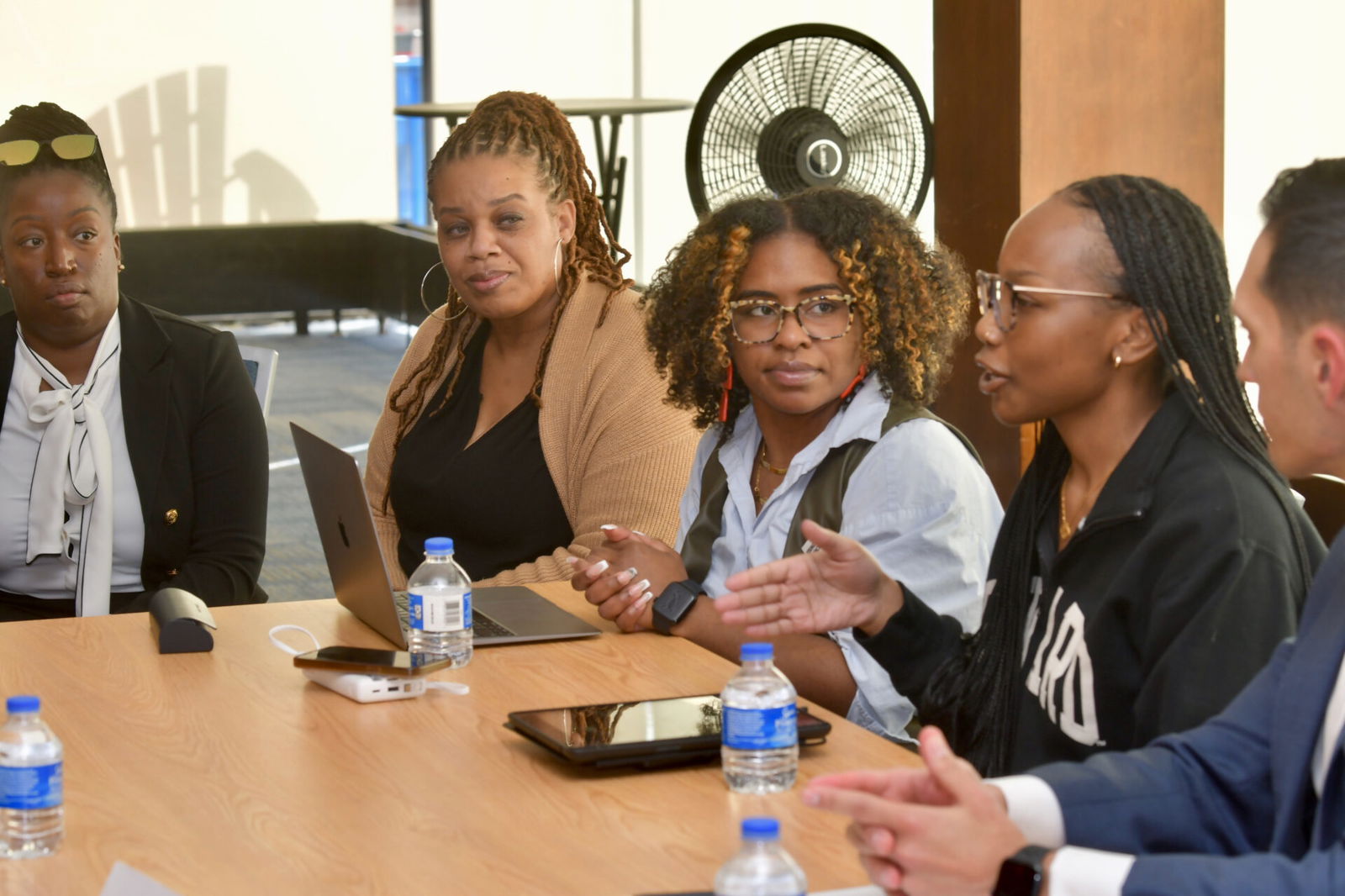
March 2, 2024
Loneliness Addressed During Global Student Mental Health Week
Students from Howard University have been engaging in a mental health activities.
Juggling classes, friendships, finances, and constant social media interaction can take its toll on college students. And isolation, resulting in loneliness, can be a result. During Chegg.org’s second annual Global Student Mental Health Week, which runs through March 3, students from Howard University have been engaging in mental health activities, such as a mental health investment roundtable, yoga, and a wellness day.
The events are sponsored by Chegg.org and its partner, the non-profit Young Invincibles. The two organizations’ goal for the week, which started Feb. 26, is to help students tackle loneliness and engage with policymakers to request funding for creation or expansion of school-based mental health centers.
“Although today’s students live in the most connected era in history, many experience a deep sense of disconnection, feeling lonely and struggling to make friends,” said Heather Hatlo Porter, head of Chegg.org and Chief Communications Officer of Chegg, Inc. “The need to elevate conversations about mental health has never seemed more urgent and our resolve has never been stronger.”
Chegg.org is the impact, advocacy, and research arm of education tech company Chegg, which addresses issues facing the modern student. Young Invincibles works to amplify the voices of young adults in the political process and expand their economic opportunity. The two groups, plus a suite of additional Chegg.org partners, teamed up to shed light on student loneliness.
According to the World Health Organization, social isolation has been deemed a global health priority, warning of the impact of loneliness on physical and mental well-being, as well as 30% increased risk of cardiovascular disease. A Chegg.org global student mental health survey found that: 59% of those polled said they do not sleep enough, 54% say they experience daily feelings of anxiety, and 46% say they have experienced academic burnout.
This burnout and stress can lead to health complications. According to research released in January by the American Heart Association (AHA), the effects of stress in the teenage years can last long into adulthood. Cardiometabolic health concerns may increase later in life, which include type 2 diabetes, high cholesterol, high blood pressure, and obesity, all of which contribute to an increased risk of heart disease, the study found.
The AHA offered tips on how teens can decrease stress and ways parents can support teens who are struggling with mental health concerns. Calm, a leading mobile app for meditation, sleep, and relaxation, and a Chegg partner, has curated a collection of guided meditations for anxiety and stress targeted toward students.
Chegg and Young Invincibles also plan to meet with federal lawmakers and Department for Education officials to discuss mental health issues affecting students. Their request? Consider implementing a “mental health checklist” for universities to ensure that schools have the resources to emphasize prevention and self-care, provide resources for substance use disorders and recovery, and ensure culturally competent and accessible services. The checklist also aims to elevate student voices and increase accessible information for student services.
And to help students understand their issues concerning mental health are relatable — even to celebrities — award-winning actress, author, and activist Kerry Washington joined students on social media to answer their questions on how she prioritizes her mental health.
“I like to go for a walk, I like to take a bath, I like to listen to a great podcast or music,” Washington said on Instagram. “Meditation is really important. Spend time with my family and friends. Journaling can sometimes help, and also a really good night’s sleep.”
RELATED CONTENT: Kate Spade New York Expands Mental Health Partnership With Taraji P. Henson